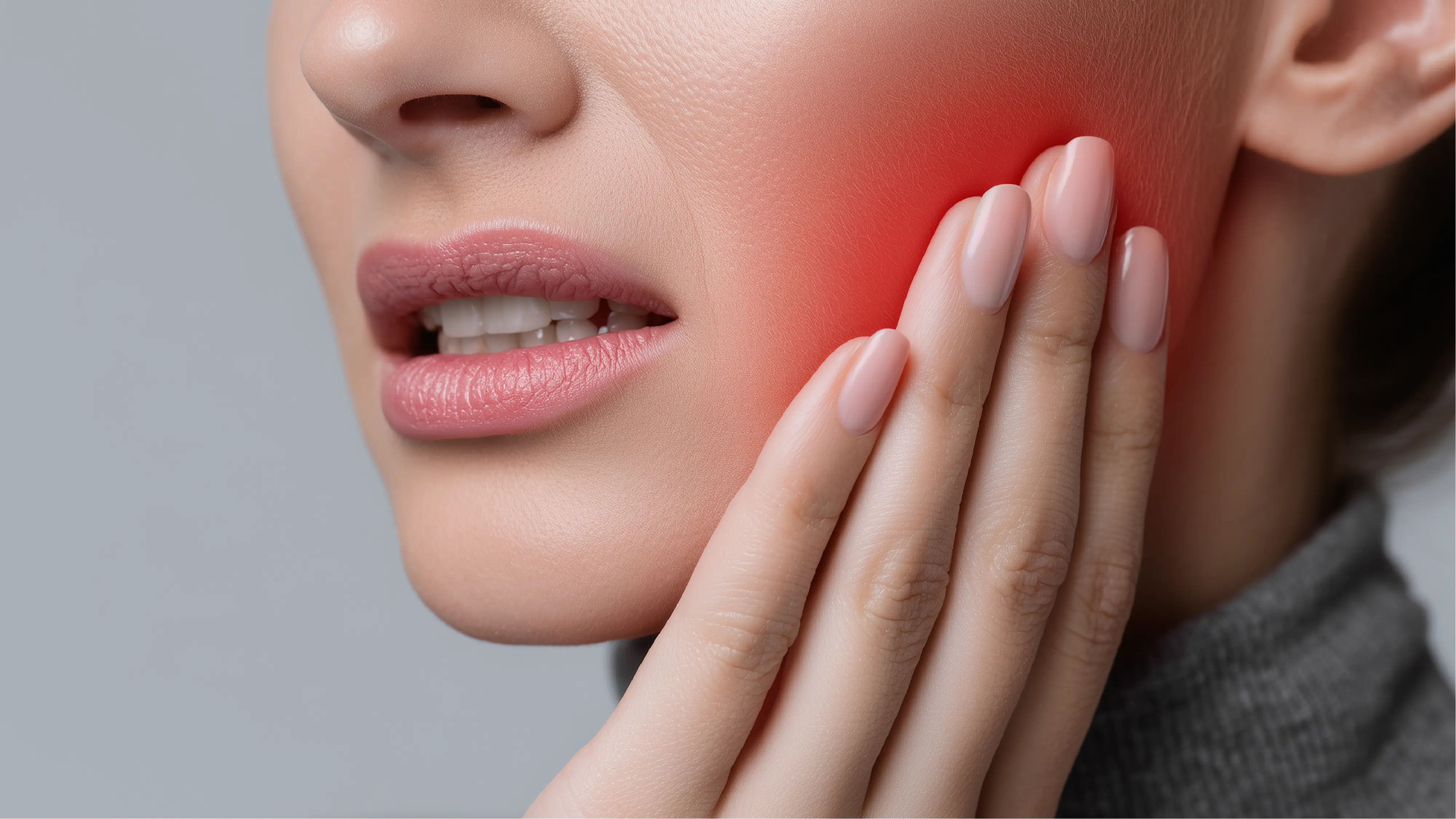If you want to avoid serious oral‐health problems in the future, it’s crucial to begin dental check-ups in childhood. You can pay attention to your oral-care routine and visit your dentist at regular intervals. However, sometimes things don’t go as planned, and your dentist may recommend an extraction.
No one—especially those who care for their teeth—expects to need an extraction. Yet most people undergo this procedure at some point in life for the sake of their oral health.
Many believe that once an extraction is done, everything is over. In reality, tooth removal involves a critical follow-up process. Therefore, it’s very important to follow your dentist’s post-extraction advice and know how to eat afterward.
Since many people worry about what to eat and what steps to take after extraction, this guide is for you! We’ll explain exactly when to resume eating, what you should and shouldn’t eat, and the key rules to follow. Let’s get started!
When Can You Eat After an Extraction?
After your tooth is removed, your dentist will place gauze over the site. Keep it in place until bleeding stops. You should not eat anything for at least 2 hours post-extraction. For 24 hours, avoid very hot, cold, or hard foods.
What Should You Eat After an Extraction?
What you can eat depends on several factors, starting with the type of extraction. If you’ve had a surgical extraction, wait at least 3 hours before consuming anything. For a simple extraction, you can begin soft foods 2 hours after the procedure.
Examples of safe, comfortable foods include:
Yogurt: Soft, requires no chewing, and is easy to swallow. Rich in protein to support healing, making it an ideal choice. Soup: Easy to sip and soothing. You can add carrots or potatoes, or blend it into a purée if there are too many chunks. Soft Vegetables & Fruits: Foods like zucchini, melon, or dates can be eaten comfortably. Cut into small pieces or blend into a purée. Cheese: Soft cheeses that aren’t too tangy are a healthy option. Pasta & Rice: Among solid foods, pasta and rice are easiest to eat and can be added to your diet immediately.
What Foods Should You Avoid After Extraction?
In the first few days post-extraction, avoid anything that’s hard to chew. If you crave meat, choose the softest options—for example, canned tuna instead of chicken or beef.
Stay away from hard vegetables, heavily spiced foods, nuts, dried fruits, and crusty breads. Do not chew gum or eat sticky treats like Turkish delight during your healing period.
Post-Extraction Care Tips
A variety of issues can lead to extraction—severe pain, infection, or irreparable damage. Once your tooth is removed, you enter a critical recovery phase. To promote healing and prevent complications, follow these guidelines:
- Follow Your Medication Schedule: Take only the medicines prescribed by your dentist.
- Mind Your Food Choices: Don’t eat or drink for the first 2 hours. Avoid extremely hot or cold foods for 24 hours. Avoid hard foods for the first three days.
- Rest Well: Allow your body to heal by avoiding strenuous activities.
- Maintain Oral Hygiene: Gently brush your teeth starting 24 hours after surgery to prevent infection.
- Avoid Smoking: If you smoke, refrain for at least 48 hours post-extraction. Tobacco chemicals can disturb the blood clot and increase infection risk.
- Skip Alcohol & Carbonated Drinks: For the first four days, avoid alcohol and fizzy beverages.
- Don’t Disturb the Extraction Site: It may feel odd, but avoid touching the empty socket with your tongue or fingers.
By following these instructions, you’ll support proper healing and reduce the chance of complications. Feel free to contact your dentist if you have any concerns!
















































